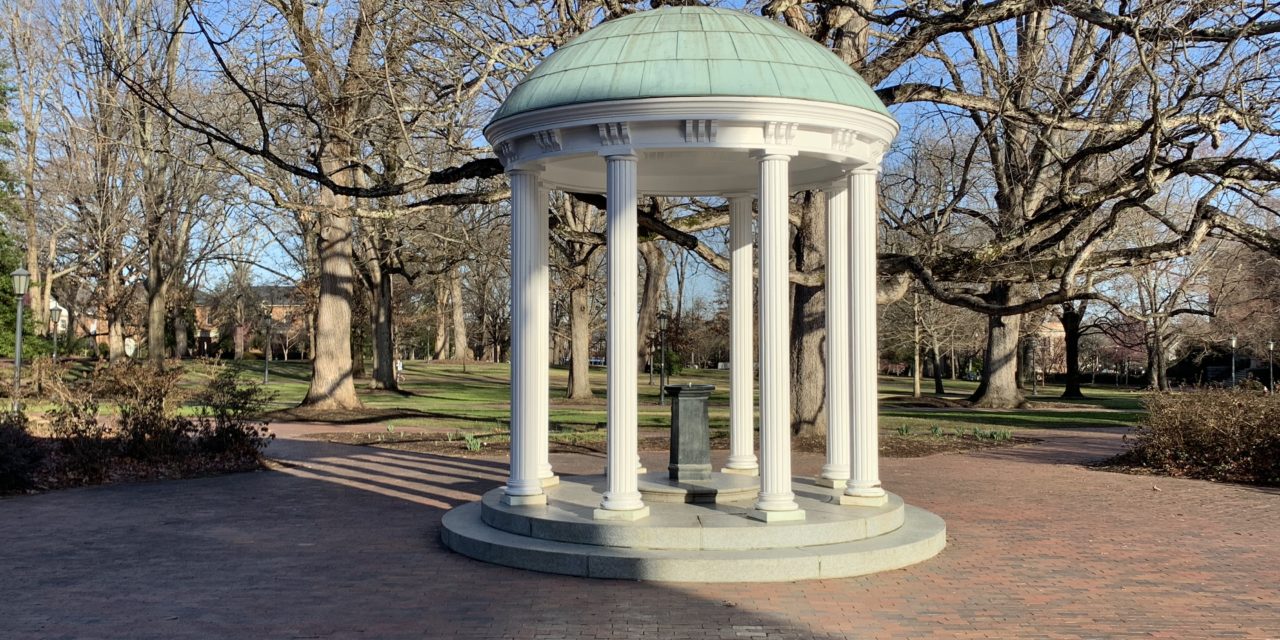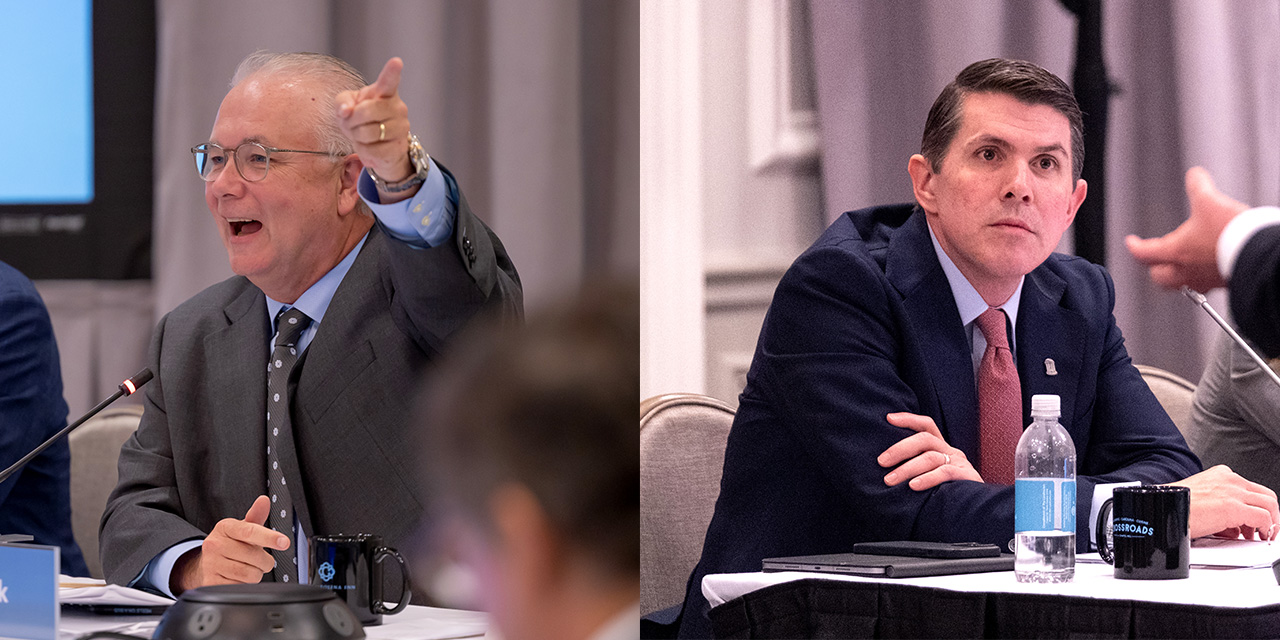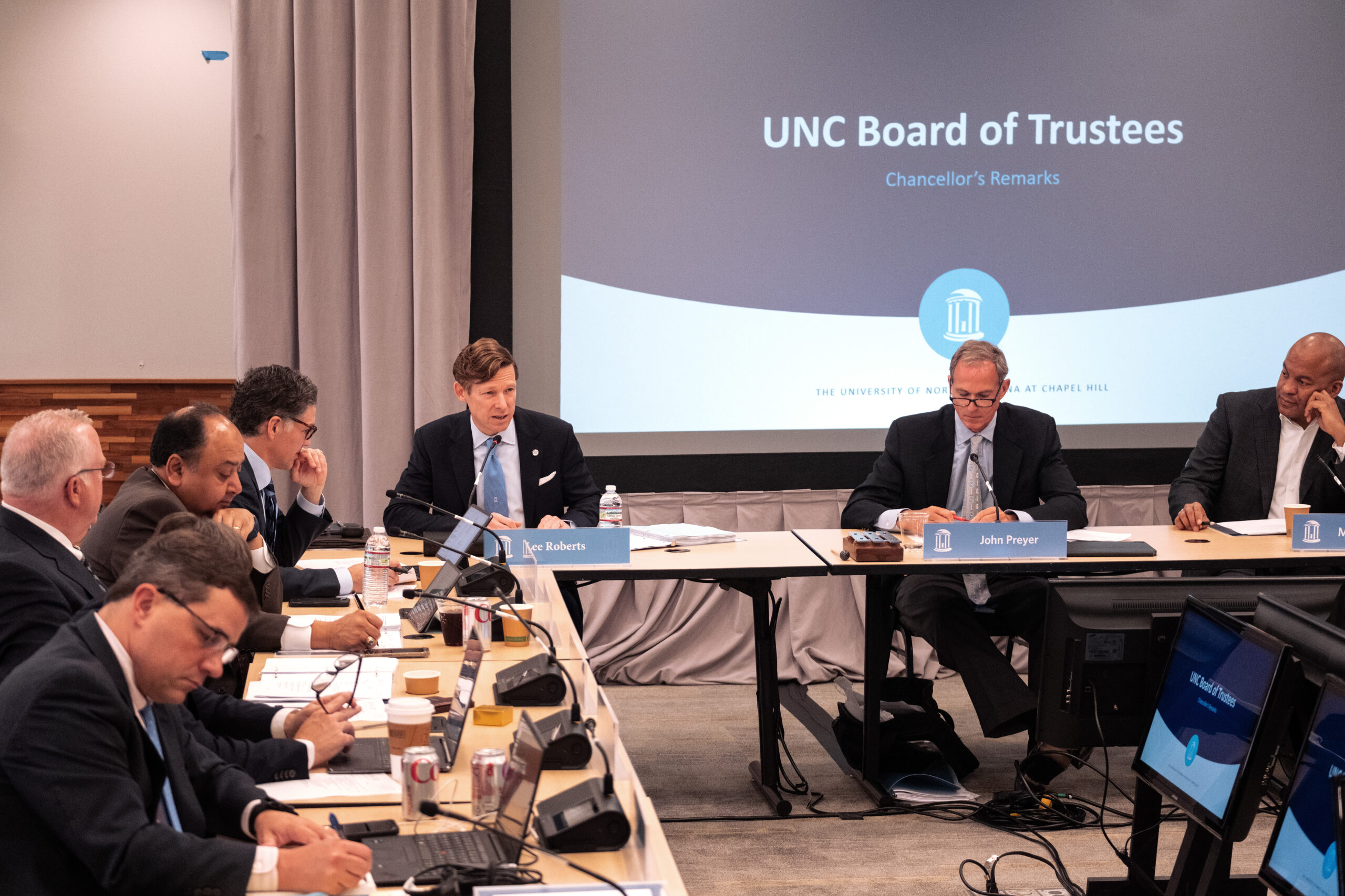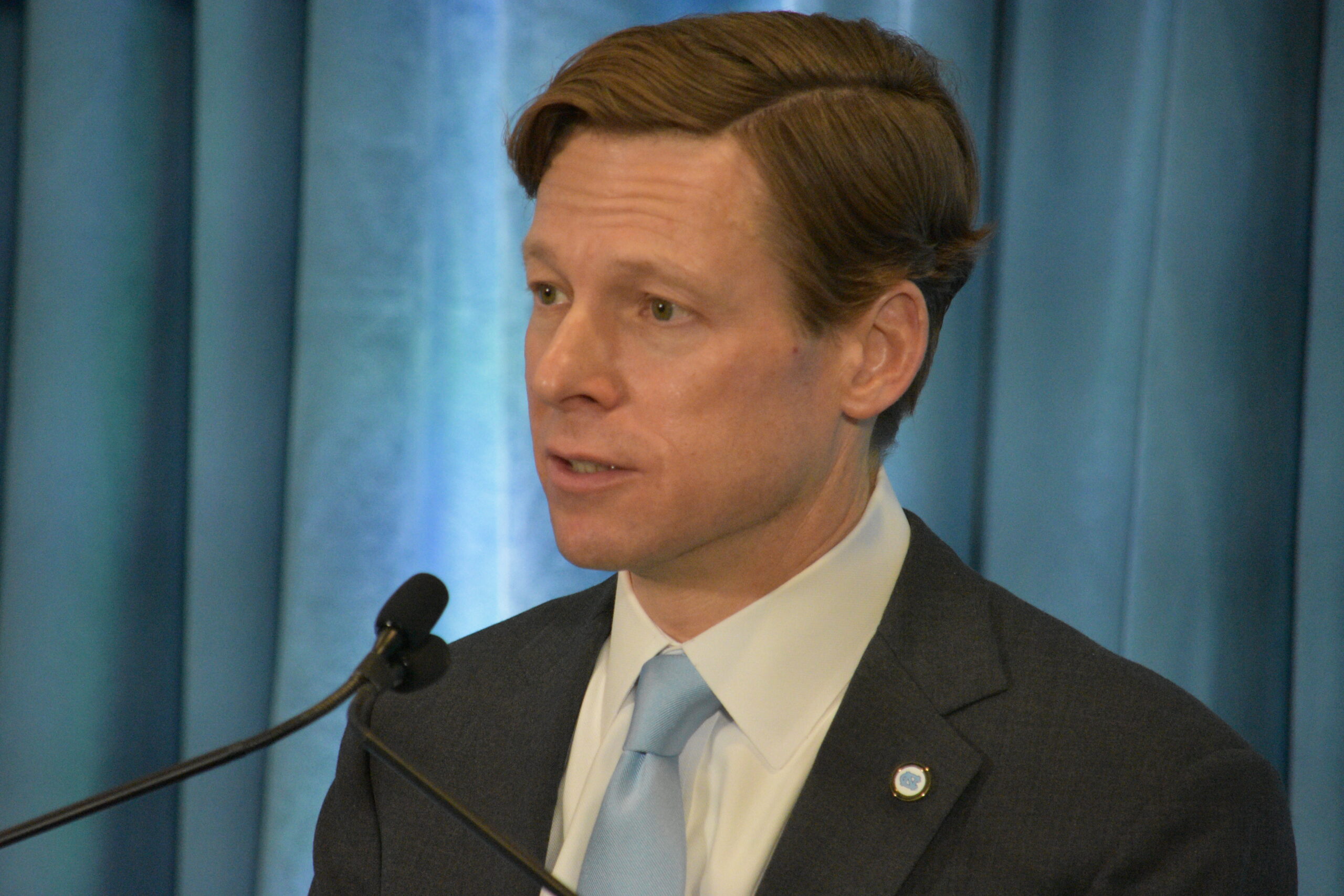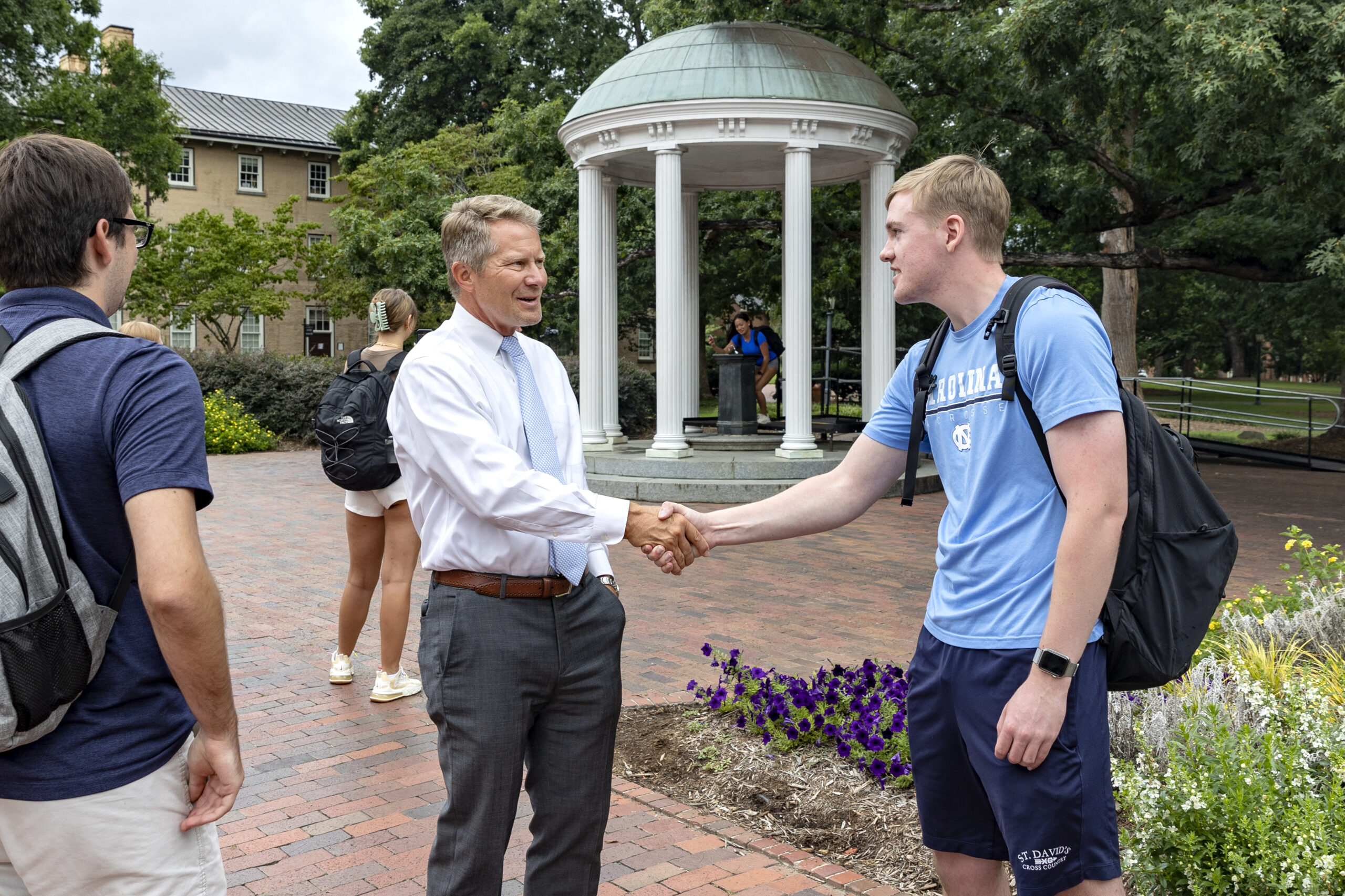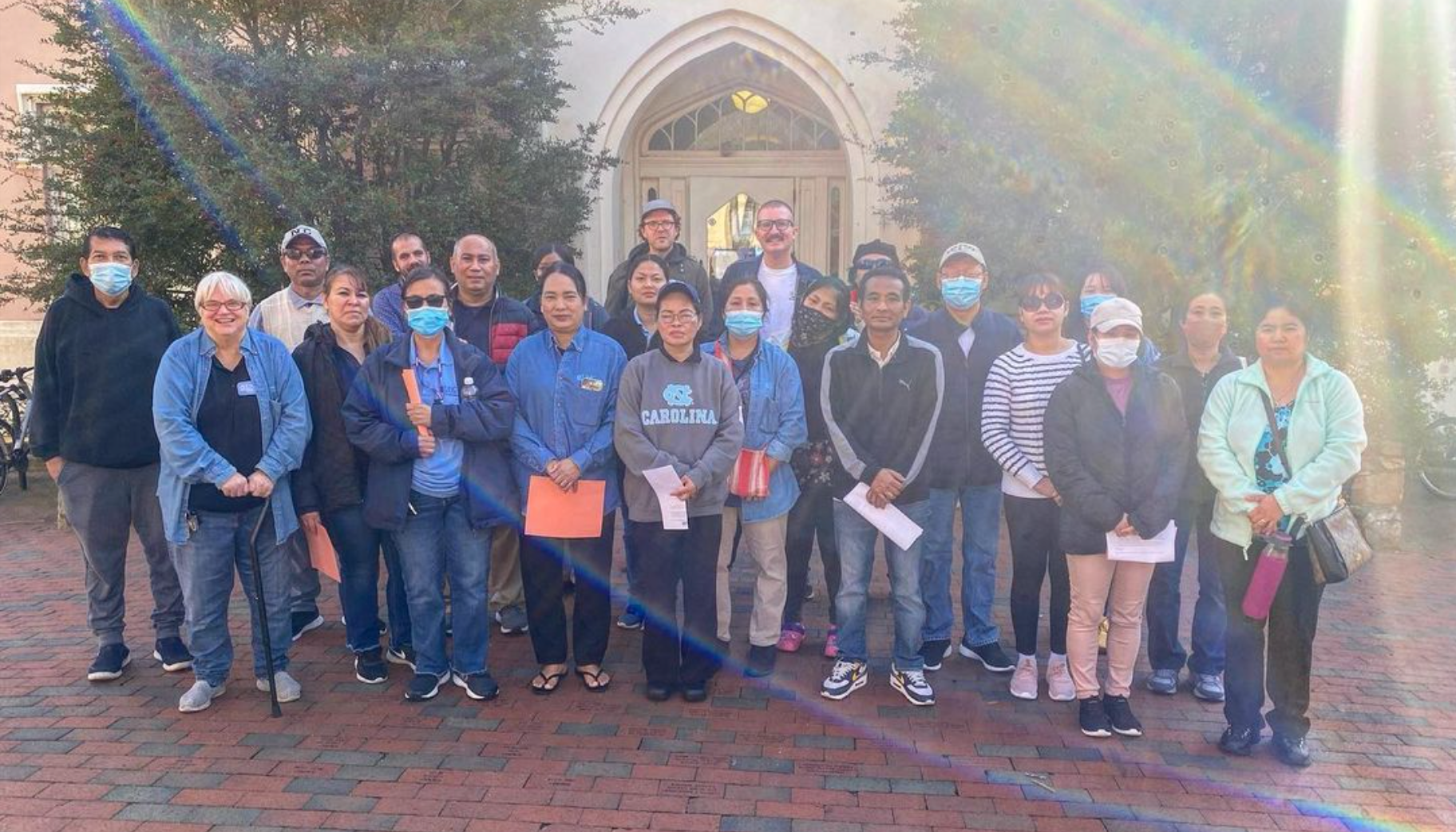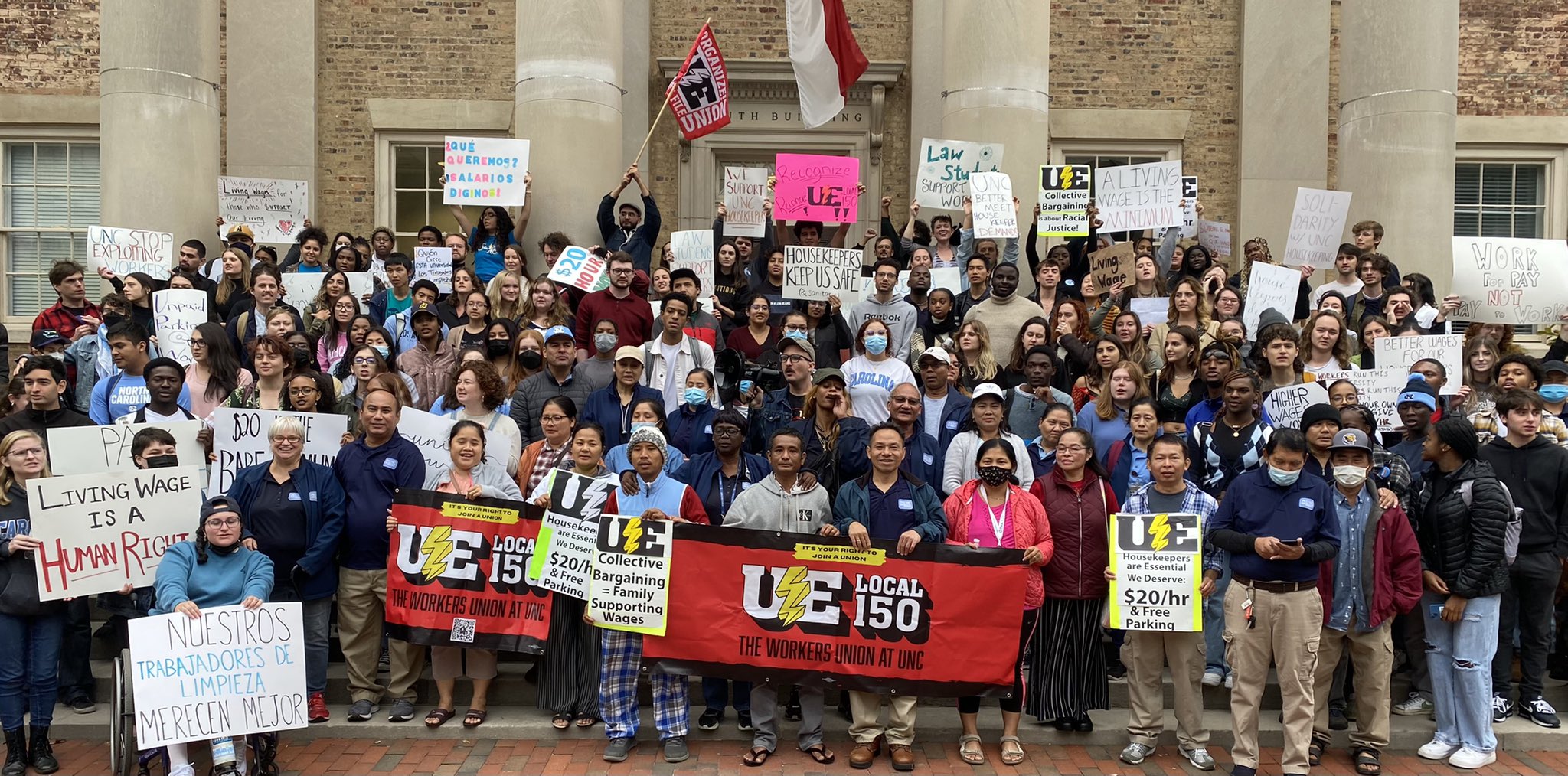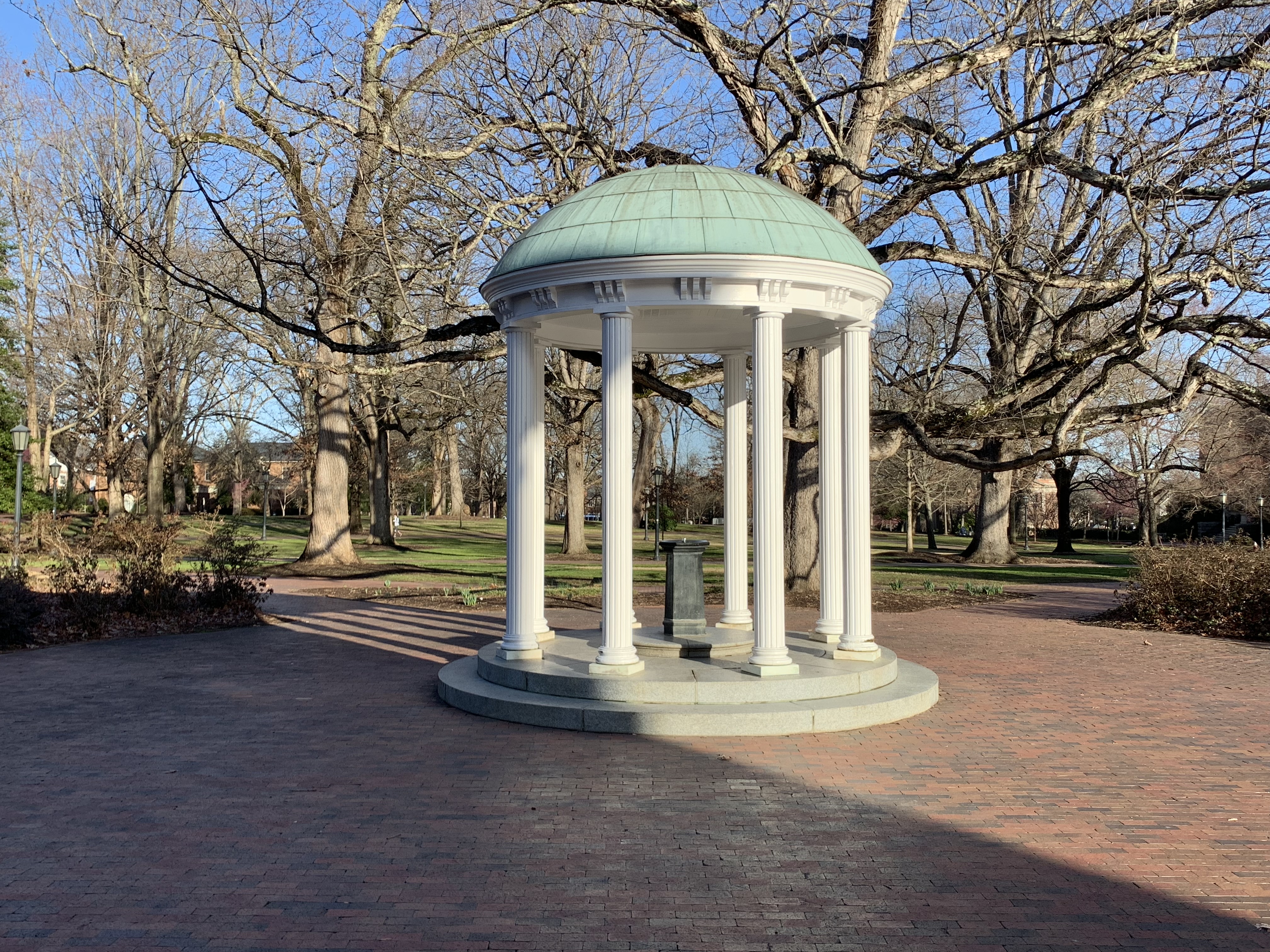The Coalition for Carolina recently held a panel about university governance at UNC. The group questioned GOP influence within the UNC Board of Governors and UNC Board of Trustees.
The Coalition for Carolina launched in September 2021 to support and defend the University of the People and its independence from partisan interference. The group cited the handling of the Silent Sam Confederate Monument, the lack of a COVID-19 vaccine mandate and the treatment of journalist Nikole Hannah-Jones as examples of potential interference from state lawmakers.
Former UNC Chancellor James Moeser, who led the panel, mentioned the Hannah-Jones controversy when the UNC Board of Trustees initially shed tradition around hiring the award-winning writer.
“We all know the case of Nikole Hannah-Jones,” Moeser said. “The Board of Trustees [had] obvious reluctance, clear reluctance to award tenure. This became a national embarrassment for UNC and the rest is history.”
Paul Fulton, a former member of the UNC Board of Governors and the UNC Board of Trustees, also spoke at the panel. He said he believes UNC is North Carolina’s greatest asset, but political interference in decision-making has upended and distracted the campus.
“Our universities tell a very complicated story with world class highs but we also have some dominating headline lows,” Fulton said. “In recent years, the turmoil has risen sharply. The UNC system, its reputation has been tarnished.”
Former UNC Chancellor Holden Thorp cited the 2010 election in North Carolina as a turning point in the relationship between North Carolina universities and those who oversee them. Republicans took control of both the state’s chambers of the General Assembly – which appoints members to the UNC Board of Governors. That UNC System Board then appoints each state university’s board of trustees.
Fulton said the UNC System achieved excellence over time because of great leaders. But to empower those leaders, the university systems needs to be an environment and structure that supports them. Fulton said that leadership stems from the members appointed to the boards. He said of the 24 members on the UNC Board of Governors only two live west of Charlotte, only three are people of color, only five are women and one is a Democrat.
“We must look at the selection process,” Fulton said. “If it is not depoliticized, the UNC System will be significantly and permanently diminished. This is a diverse state, but we do not have a diverse board.”
Belle Wheelan is president of Southern Association of Colleges and Schools Commission on Colleges. She said elected boards like the UNC BOG tend to be a popularity contest rather than a more representative depiction of who they serve.
“The bottom line is it doesn’t matter how you are appointed but you need to work together,” Wheelan said. “The institution needs to be put first. Not the needs of the General Assembly, not the needs of the governor, but the needs of the institution.”
The Coalition for Carolina aims to continue examining university governance with a goal of having 100,000 North Carolinians as part of the coalition by the end of the year.
Thorp said more conversations like these need to be had to determine how the university can proceed in the future.
“There’s a lot of time being wasted, arguing over whether something’s political or now, when it obviously is,” Thorp said. “I look forward to debating this and many other things. For all of you who do so much for Carolina, thank you because its an important place and America doesn’t work without the University of North Carolina.”
Chapelboro.com does not charge subscription fees, and you can directly support our efforts in local journalism here. Want more of what you see on Chapelboro? Let us bring free local news and community information to you by signing up for our biweekly newsletter.

